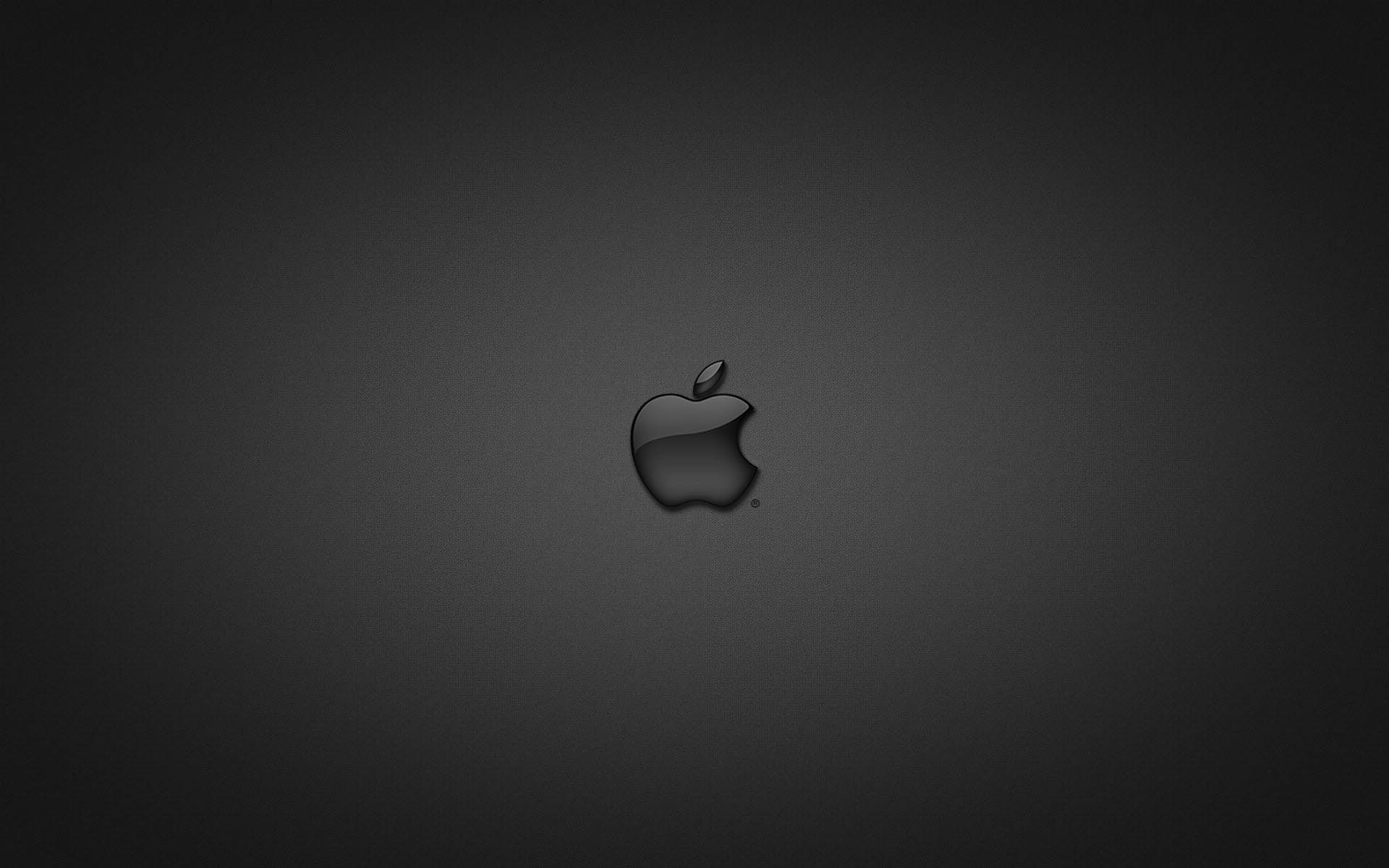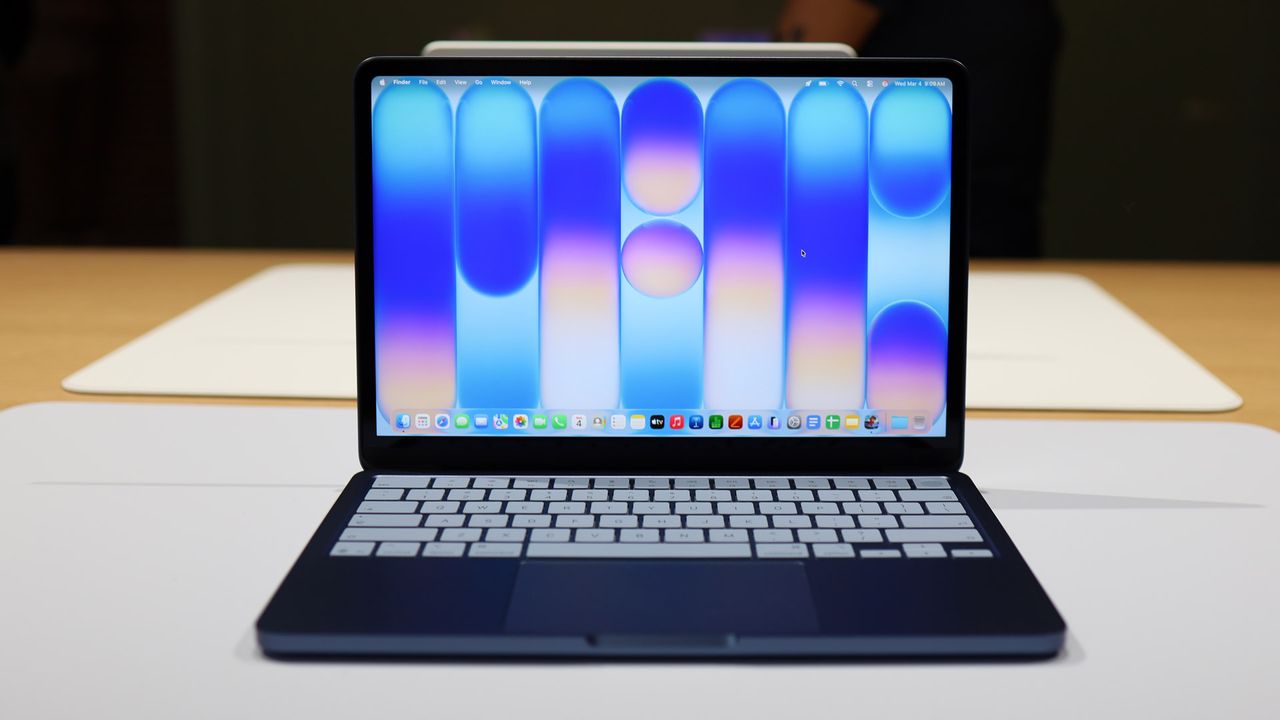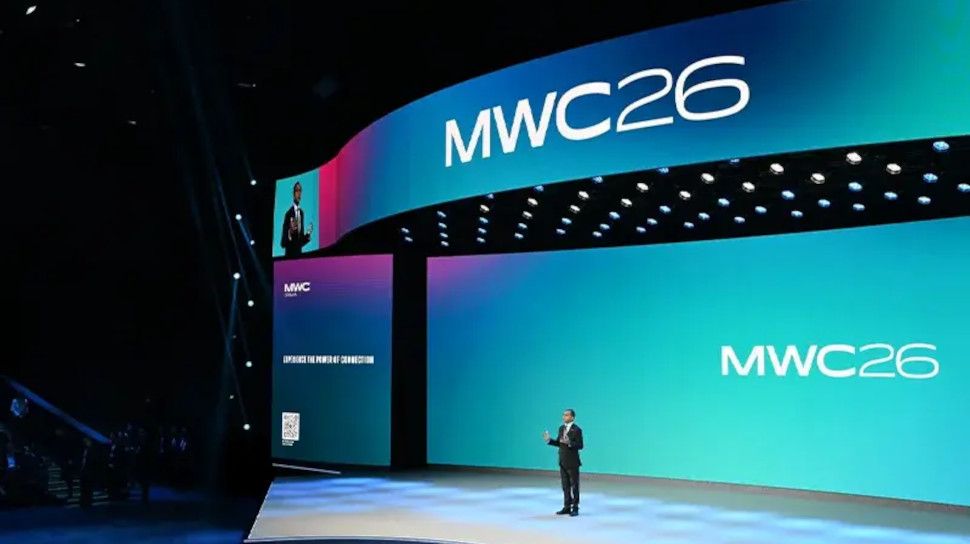
It’s true – the Department of Justice and the Securities and Exchange Commission have launched an investigation into whether or not Apple broke the law by throttling iPhone performance in order to prevent unexpected shutdowns. Apple, likely based on a recommendation by their legal team, hasn’t responded to these allegations. Apple has stressed that they had no intention of using poor performance as a way to encourage users to upgrade their devices. But unfortunately, that’s the public perception. Apple states:
“As we told our customers in December, we have never — and would never — do anything to intentionally shorten the life of any Apple product, or degrade the user experience to drive customer upgrades. Our goal has always been to create products that our customers love. Making iPhones last as long as possible is an important part of that.”
Is this just lip service or did Apple not intend for this to be the outcome? I think it’s hard to say, and I wonder how they will be able to prove this. Apple continues to reiterate the fact that the reason was to ensure that iPhones with older batteries didn’t shut down, unexpectedly. In response to this controversy, Apple has offered some pretty significant discounts on replacement batteries. The company is also working on an iOS feature that would show iPhone owners information on battery health. They’ll be able to see if a power management feature, which can be turned off, is being used to stave off shutdowns.

All of this is happening alongside a couple of other, possible concerns. The first will be the announcement of the February 1 quarterly earnings. And analysts are anticipating bad news in this regard as there have been reports that Apple is paring down their orders from suppliers in relation to the iPhone X. This doesn’t look good for Apple, unfortunately. Even with the battery replacement offer and the efforts to notify users of battery health, I don’t think Apple can come out of this unscathed.
I’m not suggesting that Apple stock will plummet or they will suddenly go bankrupt, but I think from a PR perspective this looks bad. Even if the DOJ and the SEC determine – no harm, no foul – Apple still has to account for these actions. Apple originally gave an explanation of how and why this typically happens. In December, 2017, they stated:
“All rechargeable batteries are consumable components that become less effective as they chemically age and their ability to hold a charge diminishes. Time and the number of times a battery has been charged are not the only factors in this chemical aging process. Device use also affects the performance of a battery over its lifespan. For example, leaving or charging a battery in a hot environment can cause a battery to age faster. These are characteristics of battery chemistry, common to lithium-ion batteries across the industry. A chemically aged battery also becomes less capable of delivering peak energy loads, especially in a low state of charge, which may result in a device unexpectedly shutting itself down in some situations.”
They also said that the reason for the toggle was to prevent complete shut down of the phone. So which would you prefer? Now, I think that perhaps something needs to be done, I’m not sure toggling is the answer. Nor do I think that users shouldn’t be notified or have some kind of say in the outcome. I am really interested to find out what the SEC and the DOJ decide upon in relation to this investigation.



